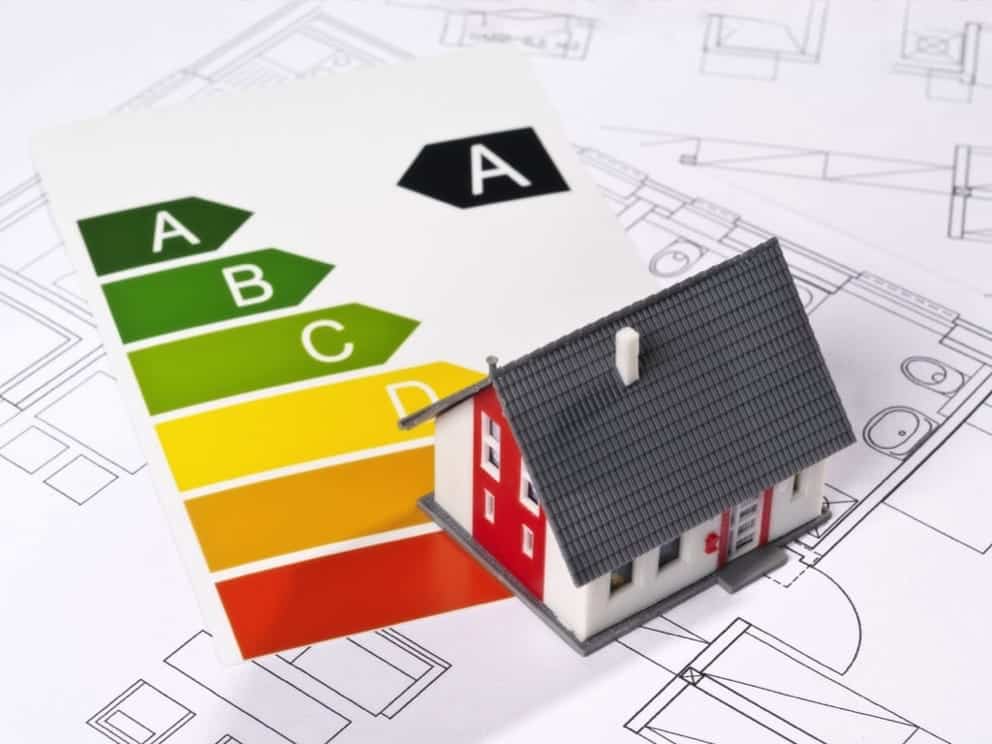
Why the ecological renovation needs to gain pace
4 minutes of reading
Twenty billion euros per year. That’s the potential of the energy renovation market in France, according to the consultants of Echos Etudes in their latest publication. What are we waiting for?

The stakes are high: if France wants to meet the climate challenge, it will need to renovate its entire stock of housing to meet BBC-Effinergie renovation standards by the year 2050. Today, between 27 and 29 million homes have an energy rating of D or lower, whilst the price of energy continues to soar. Over the past ten years, with the exception of fuel oil, all other energy sources have increased in price at double or even triple the rate of inflation. Leading no fewer than 7 million French people into energy poverty.
Energy renovation is supported by the government, however. For example through the PREH (Housing energy renovation plan) launched in 2012. Or more recently with the FAIRE campaign (Facilitate, Assist and Inform for Energy Renovation) launched in September 2018. Fourteen billion euros in aid should be ring-fenced within five years for the renovation of 500,000 homes per year.
But according to the estimates of Echos Etudes, all these initiatives have made scarcely any impact and for example only 310,000 to 340,000 homes had energy renovation works carried out in 2017.
This has been attributed to households being put off by the high costs involved. Effective energy renovation can cost upwards of 25,000 euros on average, with return on investment seen after around 15-25 years.
Although there is plenty of public funding available, the process seems complex, and little is known about it. And the rules of the funding keep being changed. These “stop and go” effects weigh heavily on the dynamics of certain market segments, according to the Echos Etudes researchers.
The solution resides, they say, in the emergence of “one-stop shops”, which would cover both the physical works and the administration aspects. A number of stakeholders are beginning to position themselves on this market, whether DIY stores, energy suppliers, construction material suppliers or groups of craftsmen.
Renovating these millions of homes should not revolve solely around the energy aspect, however, but should also focus on the ecology aspect, particularly in the choice of materials used. Knowing that the construction is already one of the most polluting sectors, emitting 61 million tonnes of carbon dioxide per year, this “project of the century” cannot be allowed to exacerbate this situation further.
More reading
Read also



What lies ahead? 7 megatrends and their influence on construction, real estate and urban development
Article
20 minutes of reading

Energy
in partnership with


‘Paris at 50°C’: a fact-finding mission to prepare Paris for future heatwaves
Article
2 minutes of reading

